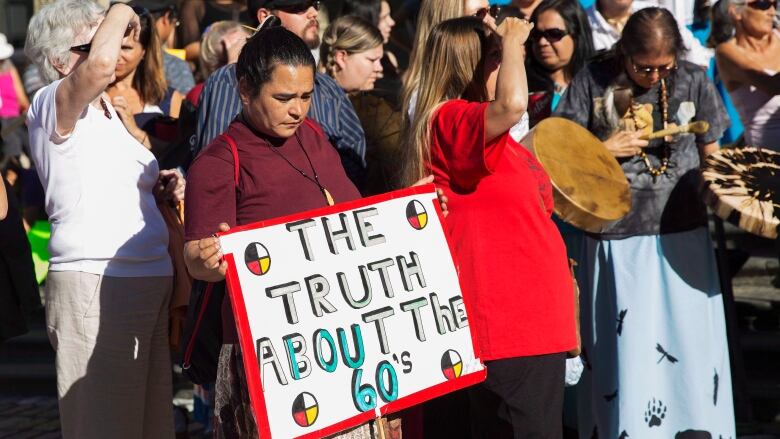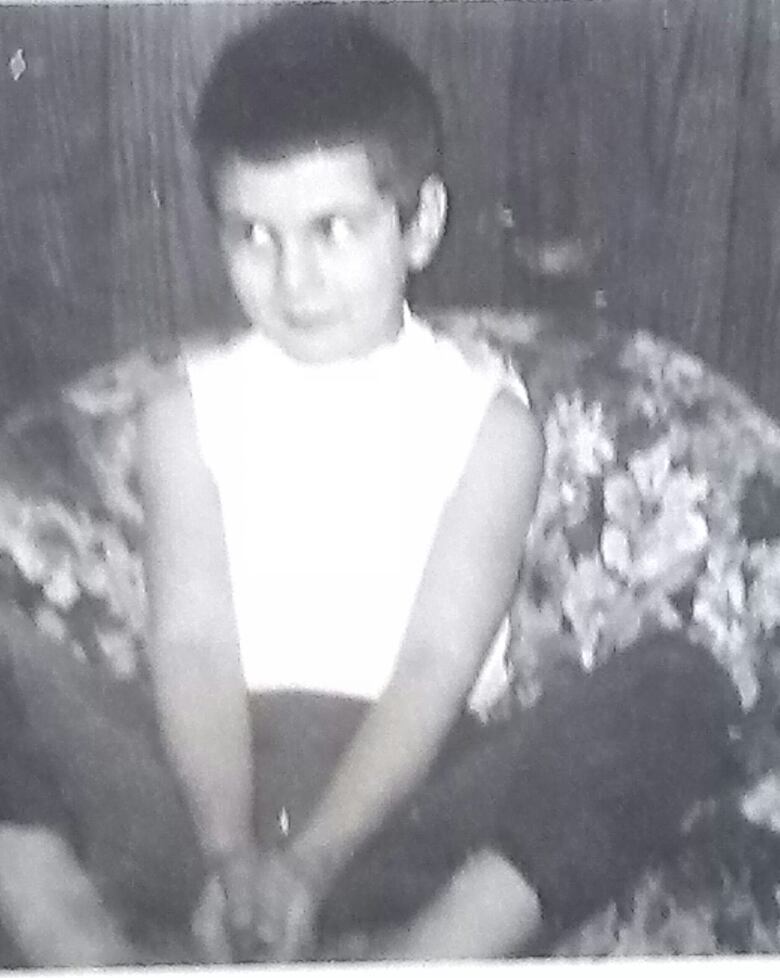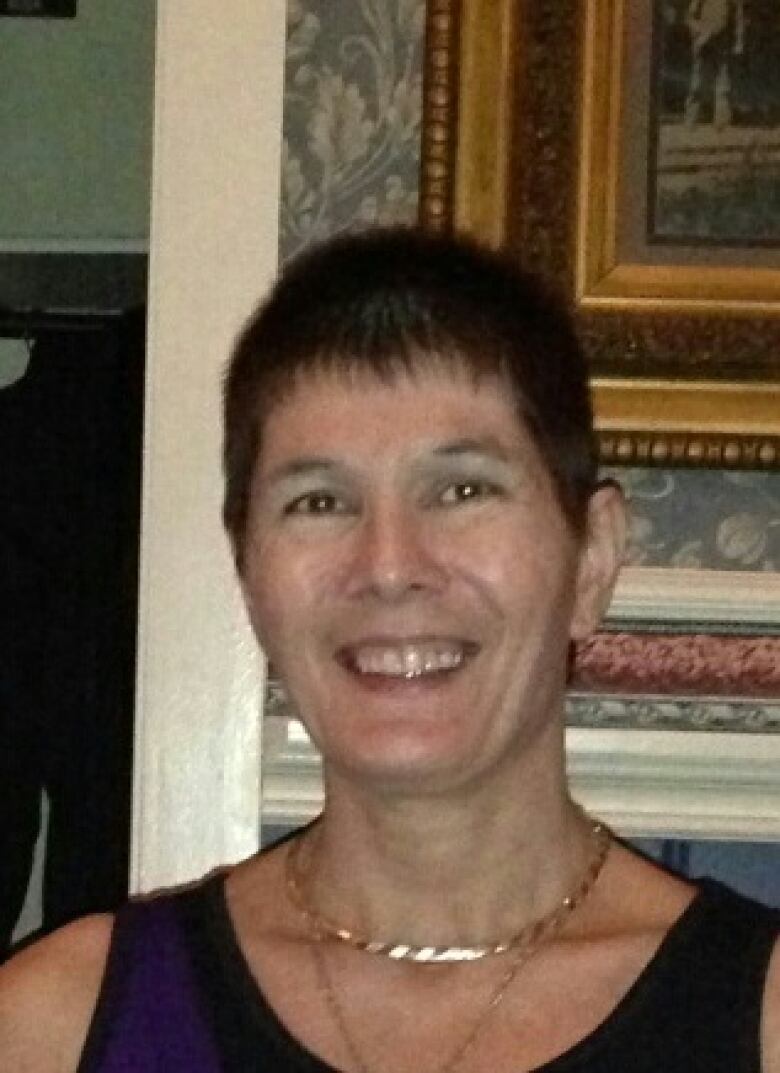Should more governments apologize for the 60s Scoop?

From the 1960s to the early 1980s, social workers across Canada removed at least 20,000 Indigenous children from their homes and placed them in foster or adoptive families, most of whom were white.
The federal government essentially sanctioned the program when it allowed the provinces to provide child welfare services in Indigenous communities.
This period of time later became known as the "60s Scoop". It caused untold trauma and emotional harm to thousands of families. And some say a sorry from the government would be worth a lot.

Maurice is Mtisand was born in northern Saskatchewan. She was taken from her mother as a baby and put into foster care. By the age of 14 she had gone through 14 different foster homes.
When she spoke out about sexual abuse from one of her foster fathers, she was kicked out of the home. What followed was a long journey to figure out where she came from and who she was.
"Who do we turn to when we even want to ask basic things? What was it like when I was three-years-old? You know, what was I like when I was six and starting grade one?" said Maurice.
"When you have your most valuable resource, family, taken away from you, there's such a loss, and what I would call a hole in my soul."
In 2015, the Manitoba government apologized for the "60s Scoop". So far, no other government in Canada has done so.

"I think that action needs to come before apology," said Cindy Blackstock, the Executive Director of the First Nations Child and Family Caring Society.
"In fact, I think [an apology] can serve to mask inaction."
Blackstock is an advocate for First Nations children and has spent years fighting for kids on reserves to have the same level of child welfare services as other kids.
In a landmark ruling in January 2016, the Canadian Human Rights Tribunal said the federal government has discriminated against children on reserves by not providing that level of service. In the year since, Blackstock says the government hasn't done enough to comply with that ruling.
"I would rather see that Canada moves immediately to fully and properly comply with the three legal rulings of the Canadian Human Rights Tribunal," she said. "To make sure that First Nations children have a fair chance going forward to grow up in their families and that the government doesn't slip back into its discriminatory practice."
"I want to see that first, and then we can talk about an apology."












_(720p).jpg)


 OFFICIAL HD MUSIC VIDEO.jpg)
.jpg)



























































































